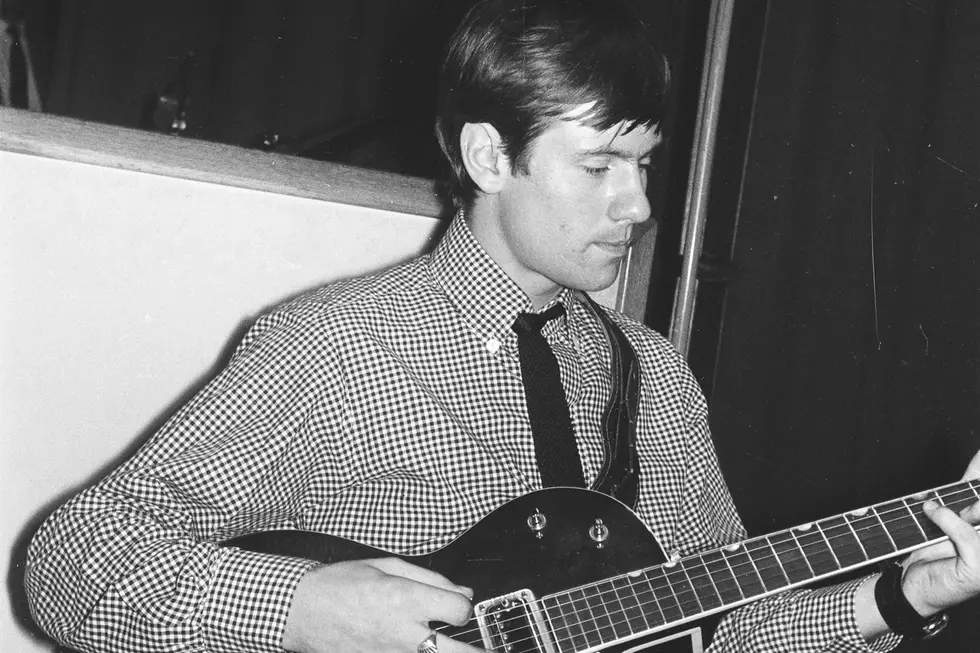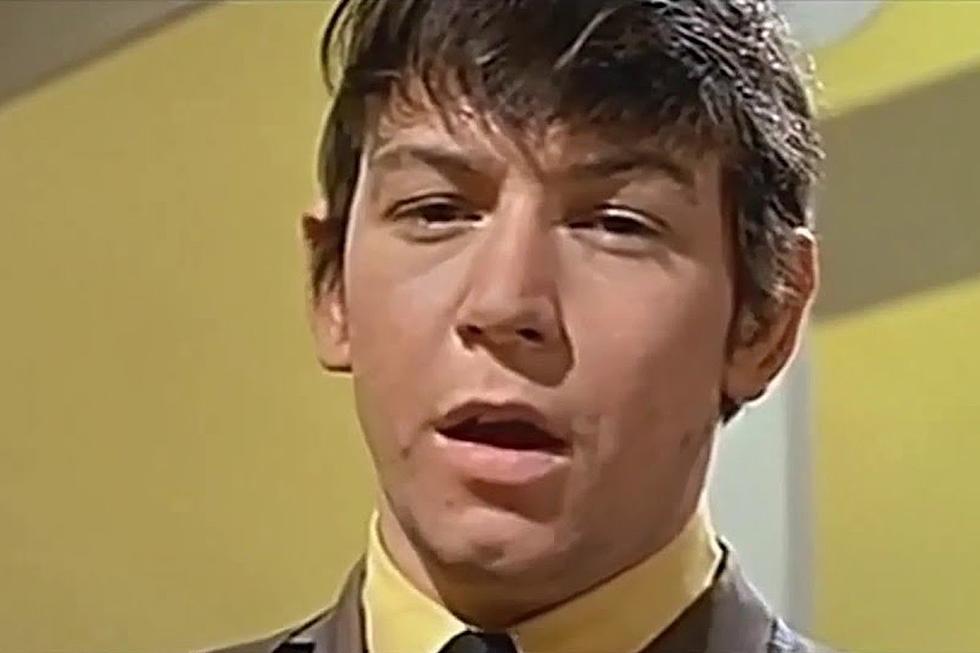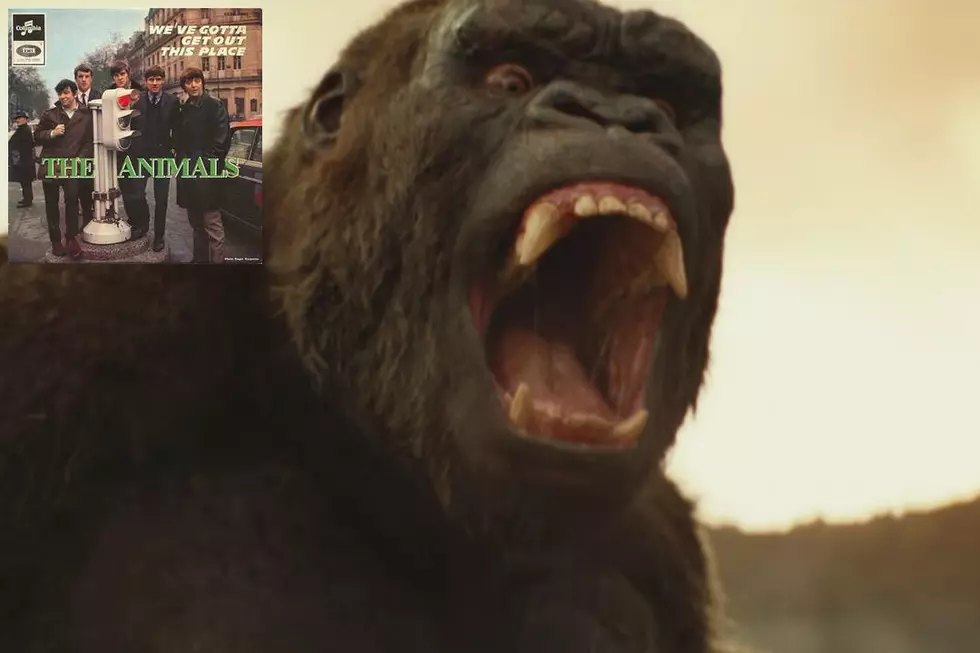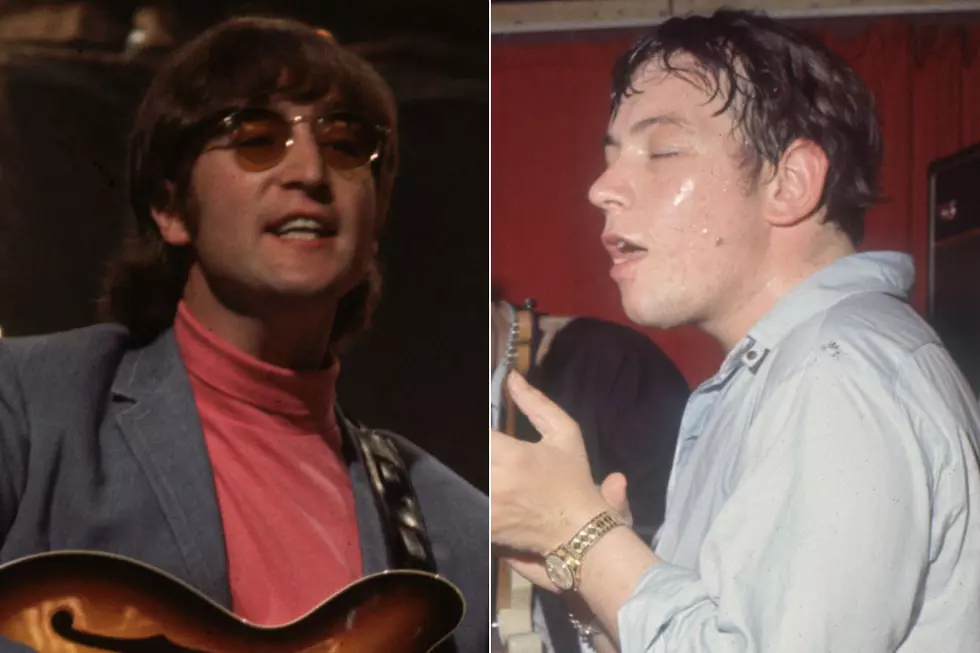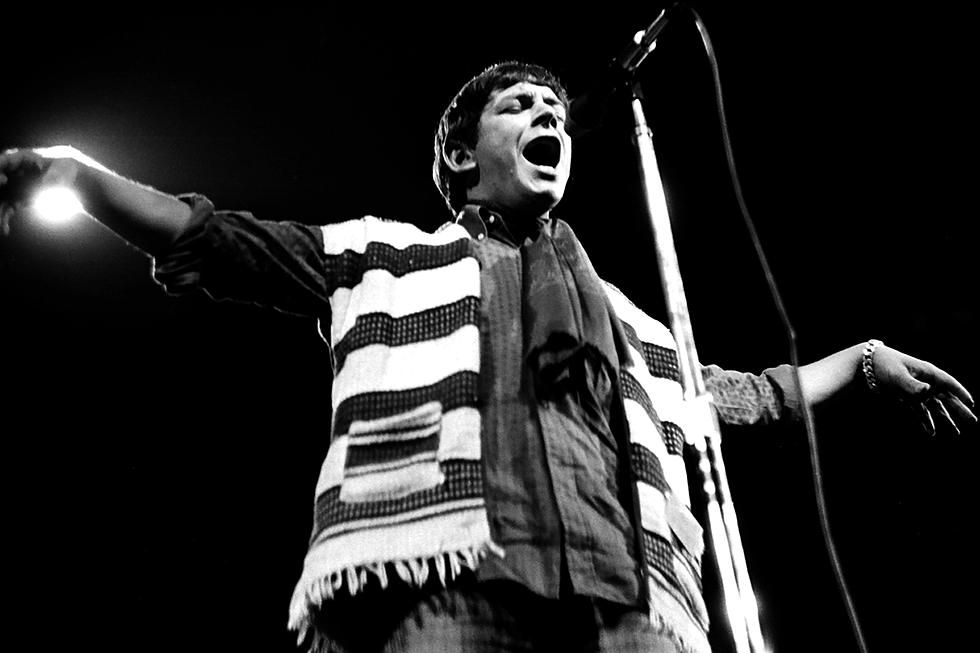
55 Years Ago: Eric Burdon No-Show Starts Riot in Canada
Fans of Eric Burdon and the Animals lost their temper on March 1, 1967, when a show failed to go ahead – then later marched through the streets to apologize to cops.
In a remarkable early example of an audience uprising before the counterculture explosion became something of a battle between generations, the local authorities of Ottawa did their utmost to resolve the issue as fairly as possible after the fact, although it seems they didn’t succeed.
Burdon and his new lineup were set to appear at the Coliseum venue, and the audience was in the room when a dispute broke out between the band and promoter Peter Charrier. He wanted the British group to play two 40-minute sets, while the Animals preferred to deliver a single 50-minute show. Charrier was prepared to agree but wanted to change the band’s fee for spending less time onstage. The band, which argued that the audience would get a fully satisfying performance no matter what, offered a deal, but Charrier refused. Burdon and company said they never received the full contracted advance for the show, left the venue and didn't return.
The 2,500-strong audience had been relatively calm, with shouts of “We want the Animals” being the only suggestion everyone was getting bored. But when the venue's house lights went up, tempers flared. “A mob finally stormed the stage, demolished it, smashed chairs and other furniture, kicked board out of the box seats, smash light fixtures, set a small fire in a washroom, pulled out telephones and ripped down flags,” the Ottawa Citizen reported, adding that damage worth $3,500 had been done.
“I am a product,” Burdon was quoted as saying. “I deliver my product and it’s over. Therefore the agency requires I be paid before I deliver.” The band released a statement via their lawyer saying: “The non-performance … was occasioned by no fault of Eric or the group, and attributed solely to the promoter who failed to perform his agreement with the group. His actions alone prevented the performance. … They were ready, willing and able and eager to go on. “
The aftermath was notable. Twelve fans were arrested, and five were found guilty of minor offenses. The magistrate was lenient on them, noting that "one can feel considerable sympathy for a group of young people who have paid a substantial amount of money in good faith.” Unbidden, a large group of audience members marched through the streets of Ottawa to the central police office, where they presented an official apology to the chief for their behavior.
In an era before multiple confusing layers of legal indemnity became the norm, local authorities sought to work out the extent to which repaying fans for their lost money was a civic duty, while also agreeing to pay a large portion of the venue-repair costs. Charrier, who was the subject of a police search after he disappeared while tempers were still hot, appeared to remain unhelpful as solutions were explored. When the authorities decided that ticket holders were entitled to “refunds or part thereof,” apparently under agreement with Charrier, it’s reported that no one is known to have received any money – partly because the promotions company had taken entire tickets from people at the door, so they had no stubs to prove they were owed anything. The Coliseum never held a rock concert again.
Music's Worst Concert Accidents and Tragedies
More From Ultimate Classic Rock
